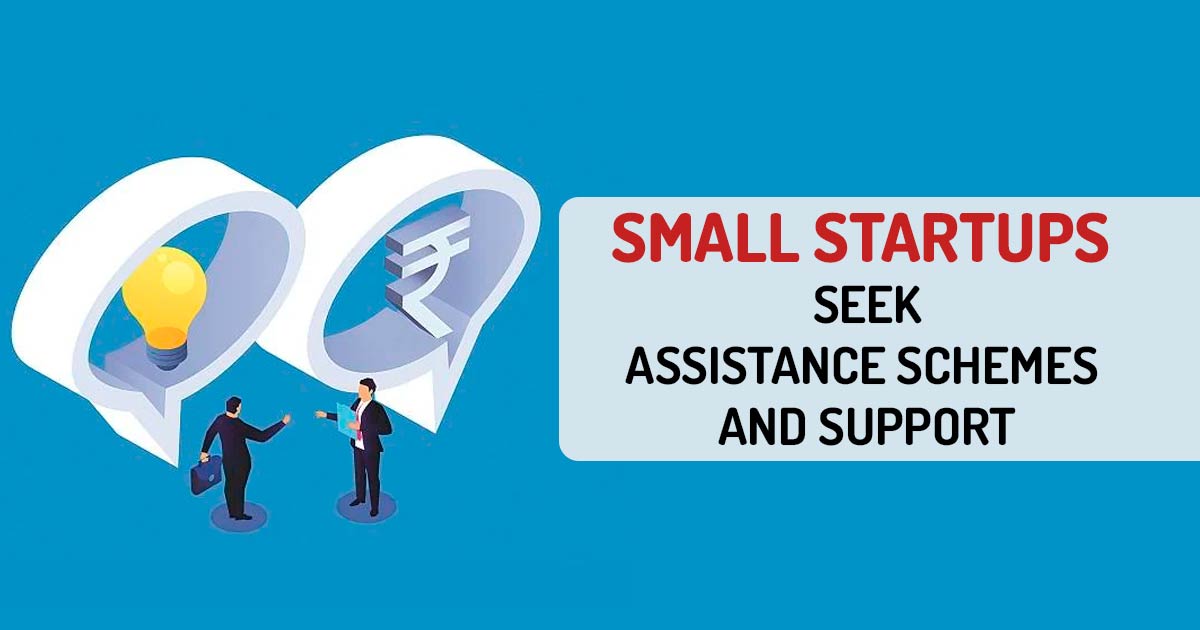
To provide support to the small business and makes the entrepreneurs strengthen the union budget 2022-23 must begin to start the other Indian startup-friendly schemes and exemptions in tax for simplifying the business, innovation spending, and diminishing the compliance costs.
Upgraded reforms, policy assistance, and support mechanisms to build effective solutions for the incompleted fiscal needs via technology would provide an advantage to the economy.
“We’ve seen a substantial spike in the adoption of digital payments in the last 1 year. I’m hoping that in the upcoming Budget, the government will think of alternatives to the Zero MDR (merchant discount rate) policy, as that will help promote e-payments and drive significant digital adoption among businesses,” a tax expert mentioned.
In the former year’s budget, the FM Nirmala Sitharaman mentioned accelerating the digital payment rise in the country by providing Rs 1500 cr.
Tax experts commented that the same would be suitable for the government to surge the contribution to the fund of funds for the startups (FFS).
Providing loans through any issue, automation of the tax, and the compliance, paper-less approvals, and incentives to take digital banking approaches would indeed accept the amendments that would assist the growth of MSMEs.
For the incentivize startups the government in the former year prolongs the eligibility to avail the tax holidays for the startups by March 31, 2022.
It indeed prolongs the capital gains privilege for the investment in startups by year March 31 2022 to increase the funding.
The country indeed sees multiple startups incentivizing their employees in the former year through buy-back ESOPs.
“Deferring tax payments when exercising the option, plus waiving tax for some ESOP receipts, will also be a laudable change in the new budget,” said the tax expert.
As per Ravish Naresh CEO and co-founder Khatabook, they urge for the progressive budget whose purpose is to enhance the startup started in-home and focuses on the issues that would get resolved for India.
Moreover, the government’s carrying on to concentrate on improving the digital infrastructure in-country would assure about the progress for the equality in the digital access in FY22-23.
In the former year’s budget, the government mentioned that it progressed to set up the best fintech hub in Gujrat International Finance Tec (GIFT) city.
Government asks for the portal to contain the concerning details on gig workers to help formulate social security schemes for them. Tax experts commented that focusing on increasing the offline MSMEs with online distribution can change the course of direction for the economic transformation choice.
“We would like to see the government focus on policies that will create a level playing field for offline and online sellers with less than Rs 40 lakh turnover, said the tax expert.”
A simple GST compliance need towards the online sellers helps the small businesses to take benefit of the e-commerce and take part in India’s rising digital economy.
Moreover, the startups ask that the government incentivize capital making towards the logistics and cold chains via scheme and on the growth of the infrastructure.
Tax experts mentioned that they seek the circulation of the new incentives that the government does to motivate the local EV manufacturing, optimizing the simpler finance and making the innovative EV ecosystem.
We ask for the government to lessen the GST on buying of EV and rentals from 5 to 12 per cent. A GST reduction will permit the consumers to transfer to EV.
Nearly $24.1 billion in 2021 would get raised which is a record in the two times rise in the pre covid levels on the other side a $6 billion gets increases through the public markets through 11 startups IPOs.
“The Indian tech startup base continues to witness steady growth adding over 2,250 startups in 2021, which is 600 more than 2020.”